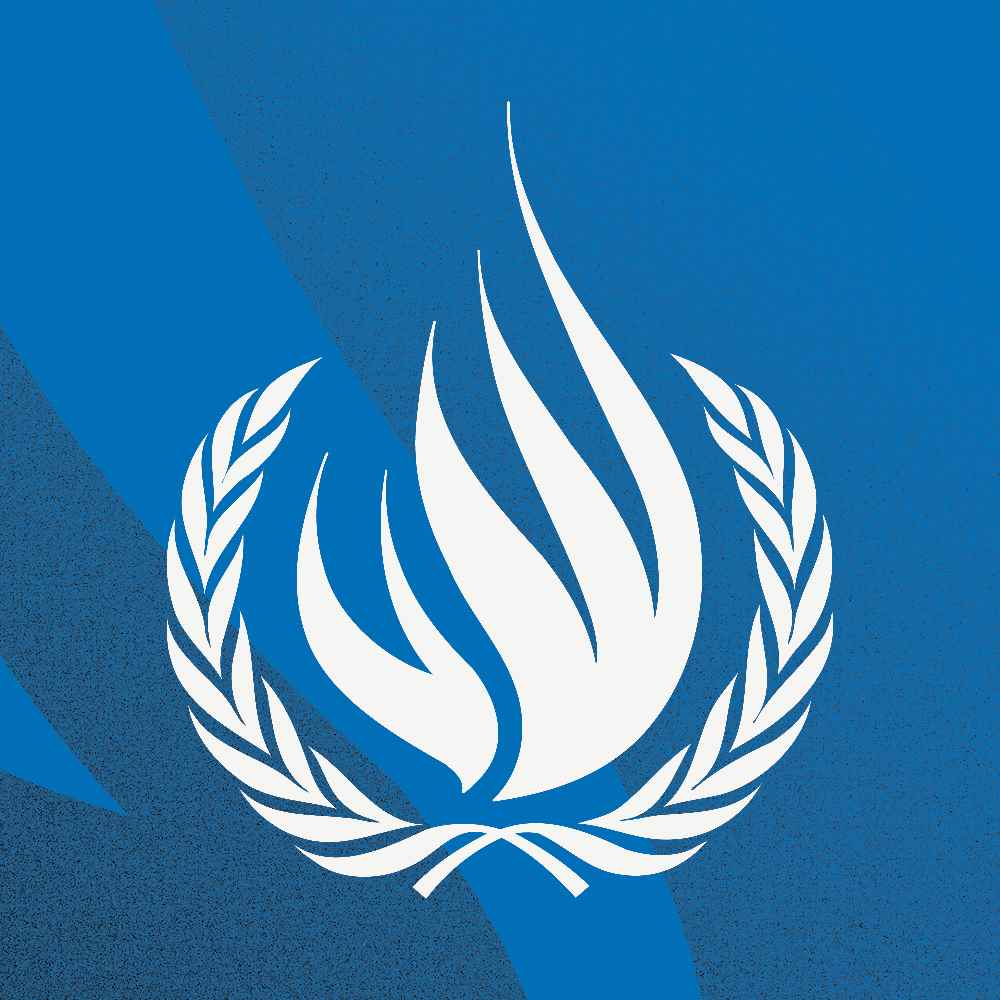
GENEVA – UN experts* have expressed grave concern about proposed amendments to the Personal Status law No 188 of 1959, which if enacted could undermine the country’s obligation to ensure equal treatment of women and children.
“If these amendments are passed, they risk seriously eroding core human rights and protections of women and children, including girls, in Iraq,” the experts said.
The amendments were passed in their second reading by the Parliament of Iraq on 16 September.
In a letter addressed to the Government of Iraq dated 10 September 2024, the experts raised concern that the amendments to Iraq’s Personal Status Law No. 188 “would constitute a serious roll-back of rights in a number of key areas affecting women and children, particularly in areas such marriage, divorce, and child custody” and would “likely exacerbate the prevalence and forms of violence against Iraqi women and girls.”
They warned that if the amendments are passed, the effects will be felt by wider society in Iraq and undermine its obligations towards ensuring the equal treatment of women and girls and upholding the rights of children.
“We call on all relevant stakeholders in Iraq to consider the significant negative ramifications of these proposed amendments,” the experts said. “The Iraqi government must ensure that a full transparent and inclusive debate on these proposed amendments takes place, and that the interests of women and children in Iraq are placed at the centre of deliberations and the decision-making process.”
The experts: Reem Alsalem, Special Rapporteur on violence against women and girls, its causes and consequences; and Mama Fatima Singhateh, Special Rapporteur on sale the and sexual exploitation of children.
The Special Rapporteurs are part of what is known as the Special Procedures of the Human Rights Council. Special Procedures, the largest body of independent experts in the UN Human Rights system, address either specific country situations or thematic issues in all parts of the world. Special Procedures’ experts work on a voluntary basis; they are not UN staff and do not receive a salary for their work. They are independent from any government or organization and serve in their individual capacity.
For additional information and media requests, please contact hrc-sr-vaw@un.org.
or media enquiries regarding other UN independent experts, please contact Dharisha Indraguptha (dharisha.indraguptha@un.org) or John Newland (john.newland@un.org).
Follow news related to the UN"s independent human rights experts on Twitter: @UN_SPExperts.











